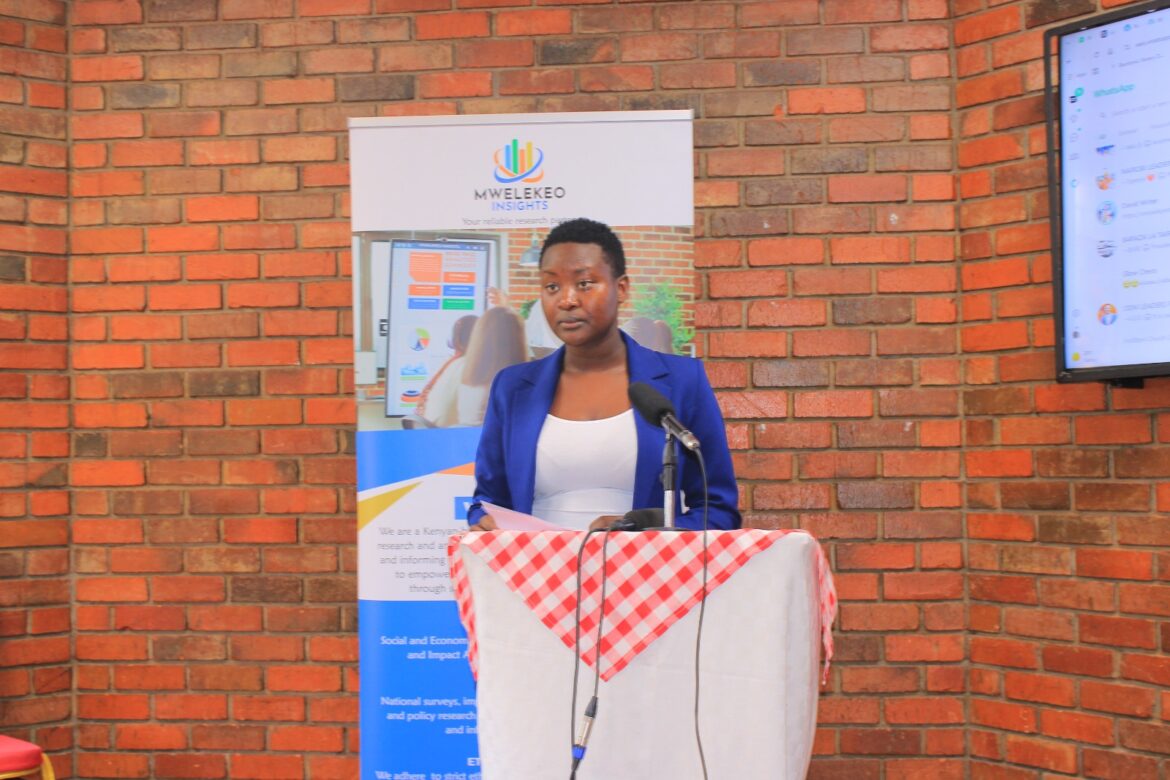A study by Mwelekeo Insights has revealed changing attitudes among Kenyan men aged 18 to 45 regarding the tradition of bride price. The findings show a nation caught between preserving cultural heritage and adjusting to modern realities, with clear patterns emerging across age, location, education, and marital status.
Level of Support for Bride Price
The study found that 53% of Kenyan men still support the bride price tradition, while 47% are opposed to it. Supporters often cite love, cultural values, and family expectations as key reasons.
Those opposed point to economic burdens, changing social values, and peer pressure. Support was stronger among rural men and those aged 31–45, where 80% of rural men and 75% of men aged 31–45 expressed support.
On the other hand, only 20% of men aged 18–30 supported bride price, with 25% of urban men backing it, showing that younger and urban populations are more likely to question or oppose the practice.
Cultural Perception and Relevance
When asked whether bride price is still culturally relevant, 59% of men agreed that it is a symbol of respect and family ties, while 41% believed it to be outdated. Younger men, especially those influenced by global media and education, were more likely to see it as no longer fitting within modern society.
Economic Concerns
Economic pressure is a major factor influencing attitudes. 54% of men agreed that the financial burden of bride price affects their views, while 46% disagreed. Many younger men, or those with unstable incomes, expressed concern that high demands sometimes including money, livestock, or property make it difficult or impossible to marry. Some families’ expectations have been described as excessive, fuelling frustration and growing calls for reform.
Religious and Cultural Influences
The findings show that 66% of men believe religious teachings and cultural norms support bride price, with 34% saying these beliefs can be adapted to support more modern interpretations. Some men referenced Christian teachings that recognize bride price as part of marriage rites, while others advocated for symbolic gestures or reduced payments as acceptable alternatives.
interpretations. Some men referenced Christian teachings that recognize bride price as part of marriage rites, while others advocated for symbolic gestures or reduced payments as acceptable alternatives.
Women’s Autonomy and Gender Equality
On whether bride price undermines women’s autonomy, 65% of respondents said yes, suggesting it commodifies women or implies control. 28% said no, and 7% were unsure. Educated and urban men were more likely to raise concerns about patriarchal interpretations of the tradition, influenced by global gender equality movements and social media platforms like X (formerly Twitter).
unsure. Educated and urban men were more likely to raise concerns about patriarchal interpretations of the tradition, influenced by global gender equality movements and social media platforms like X (formerly Twitter).
Impact on Marriage Decisions
Bride price is also a factor in delaying or avoiding marriage. Among unmarried men, 58% said it influenced their decision not to marry, often due to financial constraints. In contrast, 68% of married men acknowledged that bride price did play a role in their marriage decision, citing pressure from families and communities. Only 32% of married men disagreed, saying other priorities like education or career mattered more.
In contrast, 68% of married men acknowledged that bride price did play a role in their marriage decision, citing pressure from families and communities. Only 32% of married men disagreed, saying other priorities like education or career mattered more.
Emotional and Social Pressures
Regarding emotional well-being, 58% of men said bride price expectations affected them emotionally, while 42% did not feel any emotional impact.
When it came to social identity, however, only 23% said their social status was affected by paying or not paying bride price, while 77% felt it had no bearing.
Support for Alternatives
There was strong support for alternative practices. 65% of men supported cost-sharing between the man and the woman, while 35% opposed it.
An even larger group 89% supported the idea of a one-off bride price payment, with just 11% against it.
Gradual payment throughout the marriage was supported by 83%, and 17% opposed it.
A proposal to turn bride price into a reward scheme for good marital behaviour received support from a majority, showing a desire to reshape the practice into something more meaningful and less burdensome.
Reversal and Abolishment Proposals
Interestingly, when asked if women should pay bride price instead, only 29% supported the idea, with 71% opposing it indicating a strong cultural resistance to reversing traditional gender roles.
As for abolishment altogether, 48% of men supported completely ending the tradition, while 52% opposed it. This nearly even split highlights a deep national divide on the future of bride price in Kenya.
Key Takeaways
The study found that while a majority of men still uphold the bride price tradition, many are calling for reforms. Men with higher education and urban backgrounds are more likely to support change, viewing bride price as a source of pressure, outdated gender roles, and financial strain.
Rather than calling for total elimination, most prefer symbolic gestures, mutual agreements, and fairer financial arrangements.
Men are also asking to be included in conversations around cultural practices that affect them directly. They want space to express their views and explore alternatives that respect both tradition and the realities of modern relationships.
Recommendations
Mwelekeo Insights recommends more open forums for dialogue involving community leaders, churches, and young people. There is also a call for financial literacy and support programs to ease the burden of bride price, as well as the inclusion of gender equality education in marriage preparation initiatives.
Lastly, the study urges cultural and religious leaders to help shape a new understanding of bride price one that honours tradition while promoting fairness, partnership, and shared decision-making in marriage.



